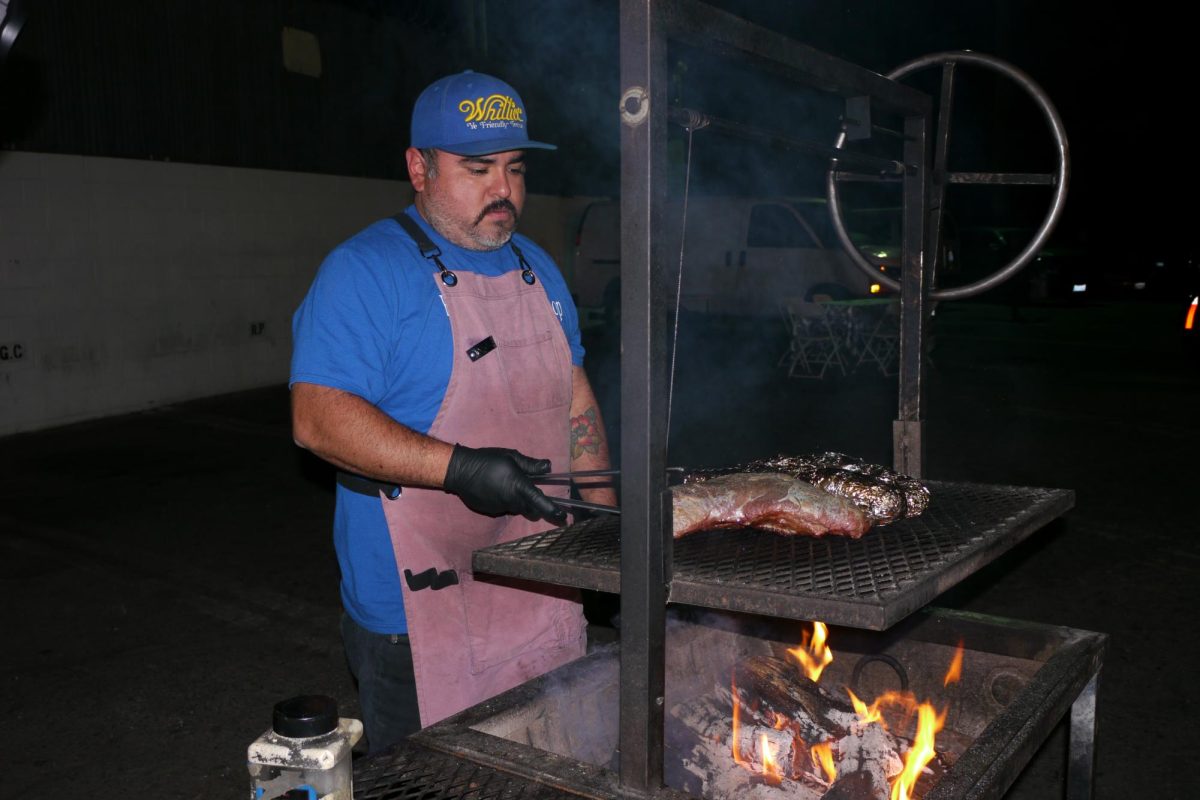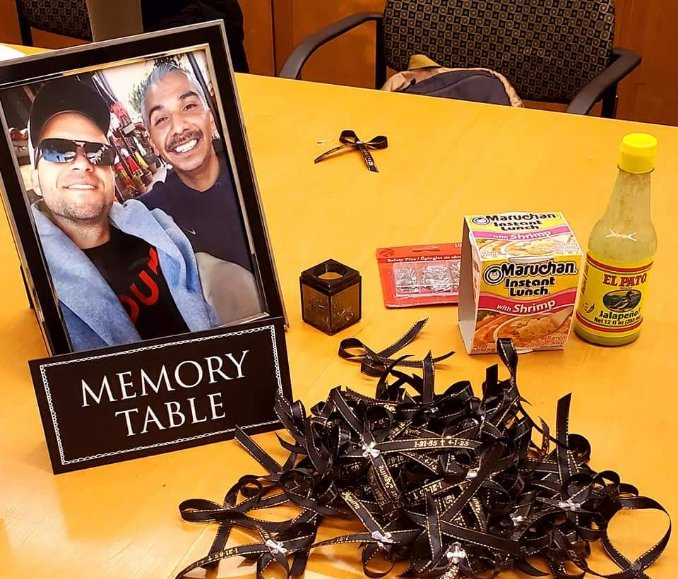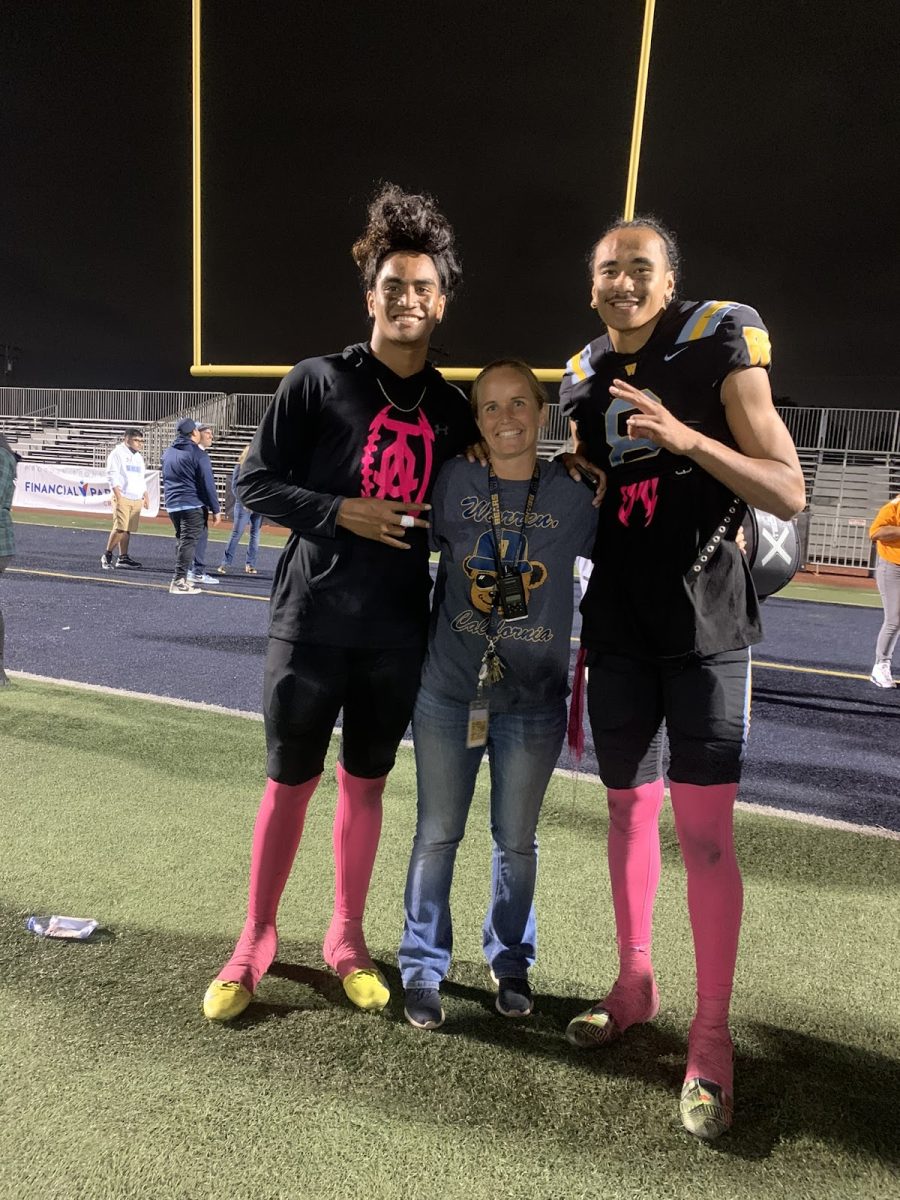Having to throw away food after a night of few customers. Being attacked by passersbys. Getting your business shut down because of a rule you misunderstood.
Interviews with half a dozen street vendors reveal some of the problems they face, almost daily.
Street vending was legalized just a few years ago. The city issued its first permit to legally sell items on the streets on Jan. 2, 2020, according to the LA Street Vendor Campaign, which is a coalition of community members who provide resources for street vendors.
Since legalization, vendors have many new and important protections. However, they are working through finding solutions for some of their biggest obstacles, including crime and what can be confusing requirements.
Hardships abound
Some vendors report an almost constant fear of the health department coming through taking a vendor’s food away for some minor rule they may not know about.
“The concern of losing your food is a big stressful factor because if they do come they can’t take my supplies but they can take my food,” said Manido Moya, who sells barbecue.
Street vendors can also be very territorial. For instance, if they have been selling food or products in a particular spot everyday, they see it as their spot and if someone who does not know them is selling in their spot, that can lead to serious tensions.
“Food is territorial so we have to deal with people not wanting us in their area,” Manido said.
“I think it has its ups and downs for sure because it’s not constant, when there are good days, the day is really good, when it’s bad days, everyone is sitting down with their fingers crossed,”said Cindy Sibrina, a Cal State LA student who works as a street vendor. She works with her sister selling shirts, beanies, and bongs.
She added that vendors get harassed and some even get attacked.
“People will come up and they kind of harass the vendors…like, ‘Hey you trying to be here. Pay up… That’s the kind of harassment we don’t want,” Sibrina said.
The L.A. Times and KTLA reported an incident last year where a woman attacked a local South Central street vendor at South Taco R&R on Normandie and Slauson Avenue.
The woman came to the vendors and demanded more food when the vendors refused. The woman was also reported to have been seen spitting in the food and in the cooking area.
South Taco R&R could not be reached.
Raising awareness
Vendors said media coverage and awareness raised by activists of issues vendors face helps policy makers and the public understand what’s happening and sometimes, address those issues.
Many vendors point to a couple who does activism and content creation now about street vending issues: Jimmy and Rocio Borunda. They were award-winning street vendors — who won many prizes in state fairs for their “Up N Smoke Tacos” and their teriyaki glaze, strawberry and mango habanero sauces — and they ultimately decided to hang up their chef’s hat and vlog on social media about the plight of food vendors.
“We decided to go out there and help out the vendors,” Rocio said.
They’re known as Jimmy Sauces and Chicana Foodie Girl on Instagram and used the platform to vlog about vendors at the beginning of the COVID-19 pandemic when stay-at-home order left many vendors without very much business, if at all.
“They weren’t getting any clients. It kind of hurt because we’ve been there,” Jimmy said. “We decided to start recording and it’s just a fun thing to do just to get out of the house.”
They started creating short vlogs on street vendors’ food spots, on attacks on street vendors and also crackdowns by health officials in which some street vendors’ equipment was taken away and thrown away.
It’s “so heartbreaking when that happens because it hurts,” Rocio said. “Not only that, they get fined [up to] $1,000.”
Fines for selling products on the street without a permit range from $250 for the first offense to $1,000 for the third, according to the city’s website.
The University Times reached out to the Los Angeles Public Health Department, but have yet to receive a response.
Events like the Night Market offer safety and community
Vendors say events like the Night Market are one way to counter safety and other issues because many vendors come together to provide protection and support for one another.
On the weekends, vendors show up at the Ave 26 On Imperial Night Market between 12-5 p.m. to set up their grills, tents and equipment and by early evening, the street is flooding with customers wanting to try new eats and old favorites, or buy gifts, clothing, jewelry and nail accessories.
“Even though we are street vendors, we are not on the street where it could be dangerous. All of us are here and we kind of formed a community here. We help each other out, we protect each other, and so far, we never had any issues where vendors are being robbed or assaulted, or anything like that,” Abrham Poascenia said.
The Night Market is held at 2300 E 15th St. Fridays, 6:30 p.m. to 11 p.m., and Saturday and Sundays, 5 p.m. to 11 p.m.








